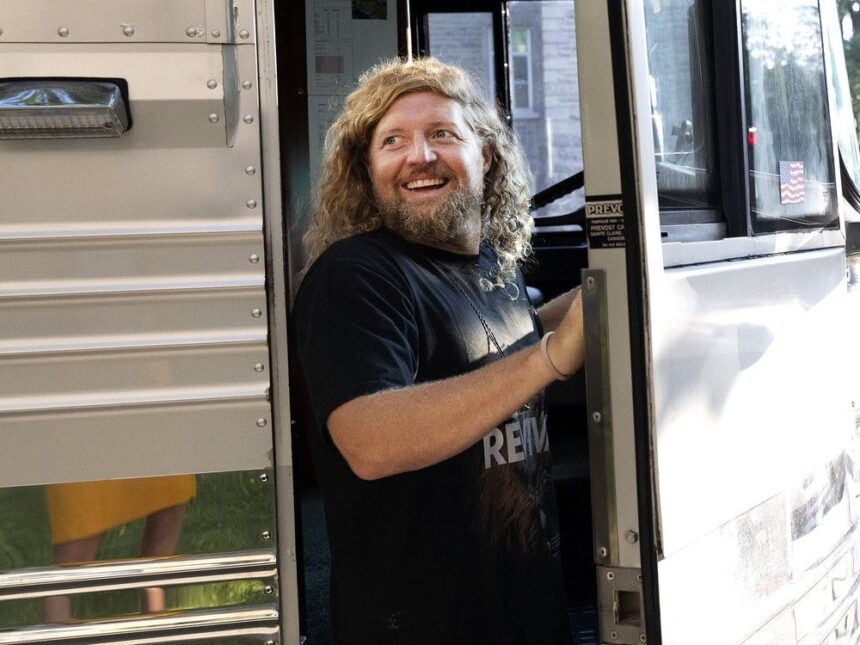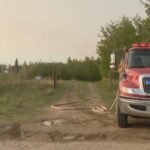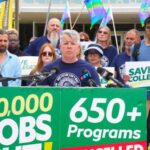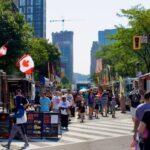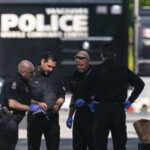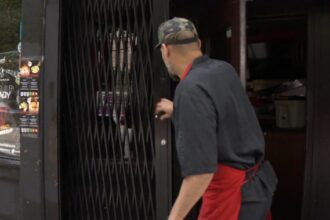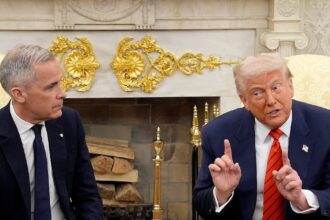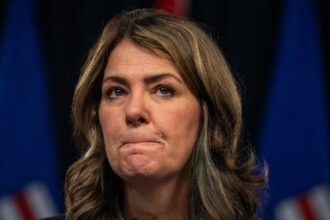In a clash between religious expression and municipal regulations, a Montreal church has been slapped with a $1,000 fine after hosting American worship leader Sean Feucht without obtaining the necessary permits. The controversy has ignited debate across Canada about the balance between religious freedom and public safety protocols.
The incident occurred last weekend when Feucht, a controversial figure known for his “Let Us Worship” movement that gained prominence during COVID-19 restrictions, performed at Visionloft Church in downtown Montreal. City officials confirmed Tuesday that the establishment violated bylaw RCA09-27001, which requires a certificate of occupancy for hosting events.
“The venue was not authorized to hold gatherings of this nature,” explained Claude Rainville, spokesperson for Montreal’s Mercier-Hochelaga-Maisonneuve borough. “Regardless of the content or nature of any event, organizers must comply with local regulations designed to ensure public safety.”
Feucht, a former Republican congressional candidate from California, has built a reputation for defying pandemic-related restrictions on religious gatherings. His appearance in Montreal marked the latest stop in his Canadian tour, which has already stirred controversy in other cities including Toronto and Vancouver.
The worship leader responded to news of the fine on social media, characterizing it as religious persecution. “Canada continues its war on the church,” Feucht wrote on X (formerly Twitter). “This is what happens when a nation abandons its Christian heritage.”
However, political analysts suggest the issue centers more on regulatory compliance than religious expression. Dr. Ellen Richardson, professor of religious studies at McGill University, told CO24: “This appears to be a straightforward case of failing to obtain proper permits. Any venue—religious or otherwise—would face similar consequences for non-compliance with municipal codes.”
The church’s pastor, Martin Fontaine, expressed disappointment but acknowledged the oversight. “While we believe strongly in our right to worship, we recognize the importance of working within established community guidelines,” Fontaine said. “We’re currently in discussions with city officials to ensure full compliance moving forward.”
This incident reflects growing tensions in the broader North American landscape where religious liberty and public regulations occasionally intersect in contentious ways. Similar conflicts have emerged across the United States and Canada, particularly in the wake of pandemic-era restrictions that limited indoor gatherings.
Legal experts note that Canadian courts have consistently upheld reasonable limitations on religious expression when necessary for public order and safety. “The Canadian Charter of Rights and Freedoms protects religious expression, but not absolutely,” explains constitutional lawyer Rebecca Chen. “Municipalities retain authority to enforce bylaws that apply equally to religious and non-religious gatherings alike.”
As religious communities navigate post-pandemic realities, this Montreal incident raises important questions: How can cities balance respect for religious expression with necessary public safety measures, and at what point does regulatory enforcement cross into territory that unduly burdens religious practice?

